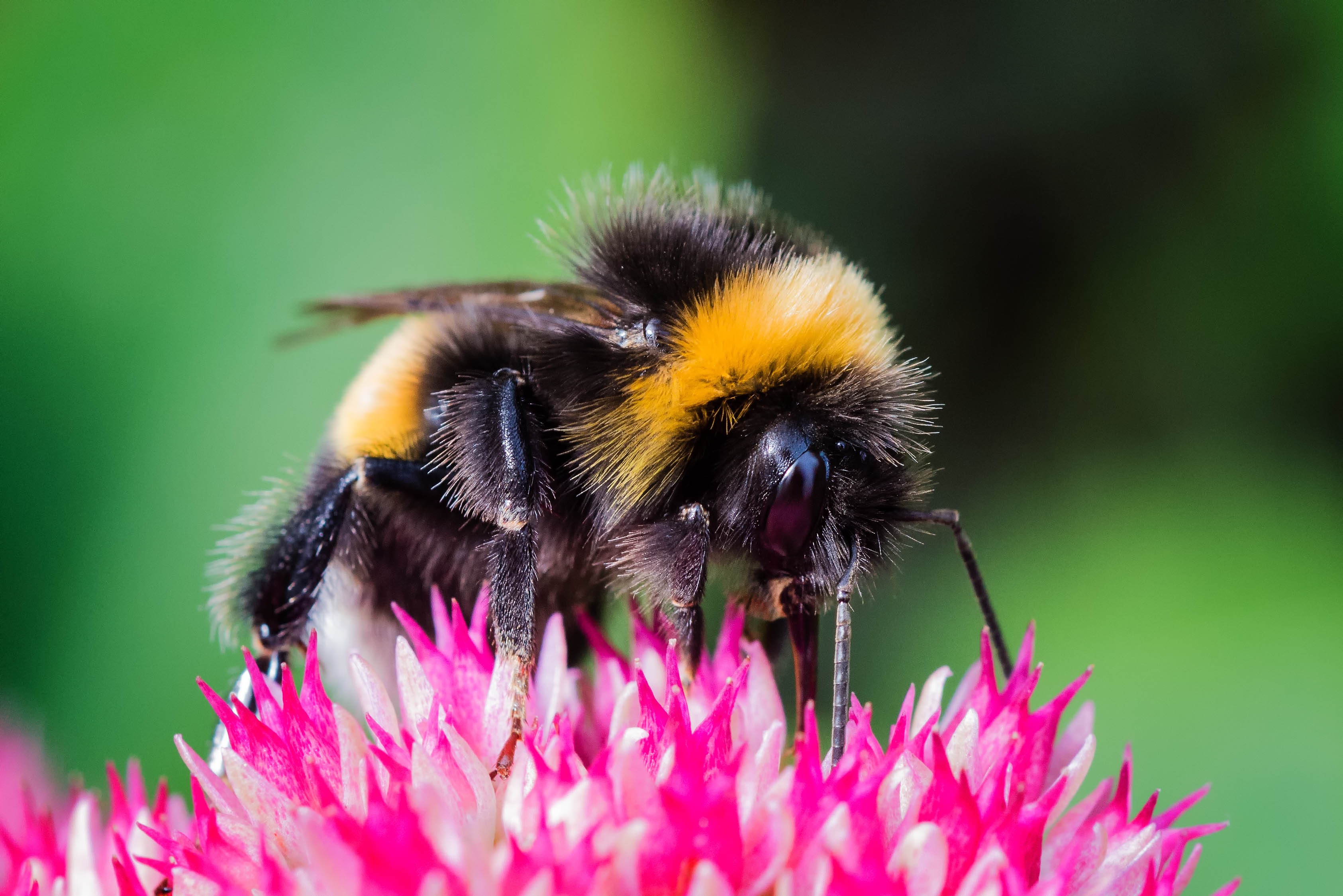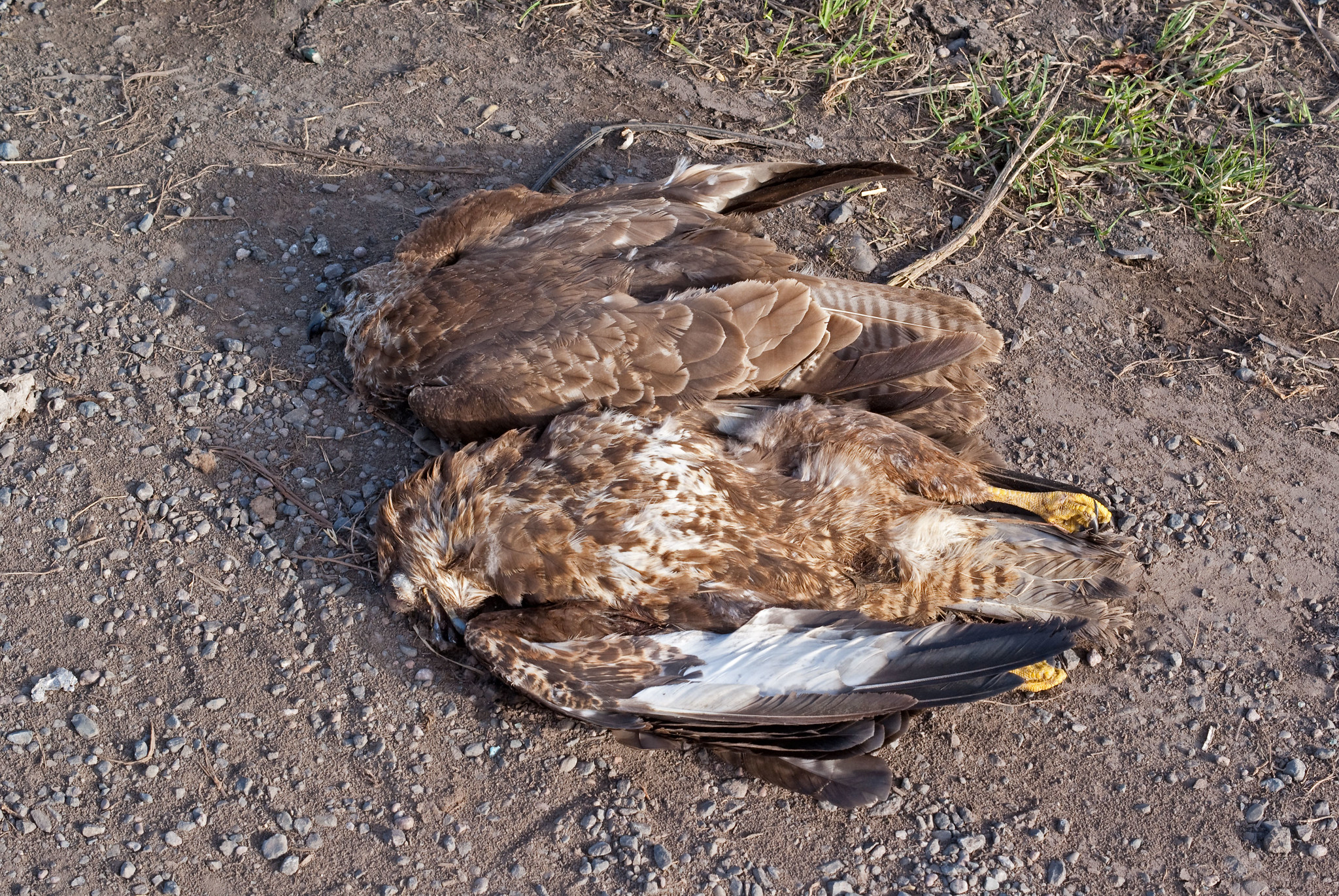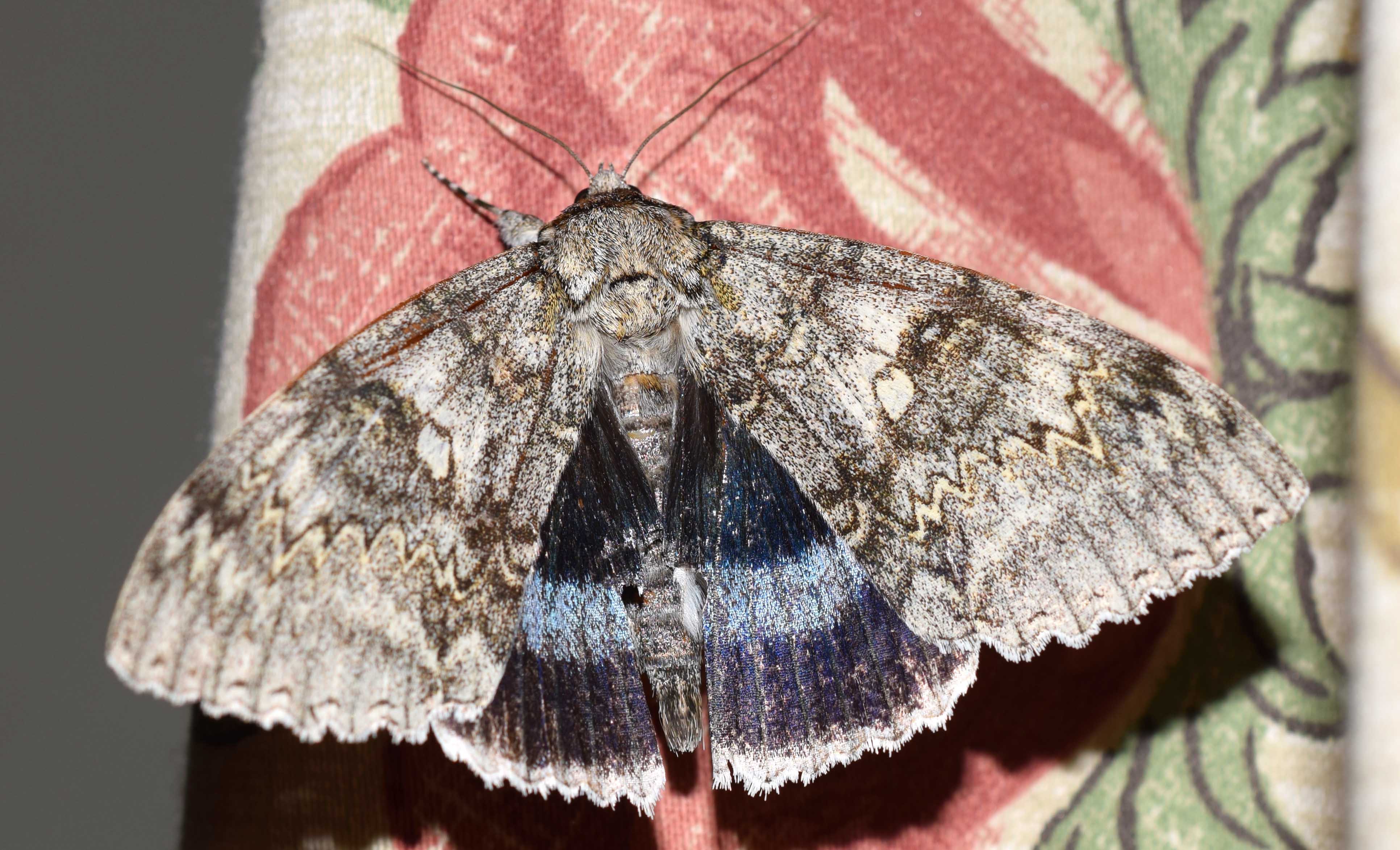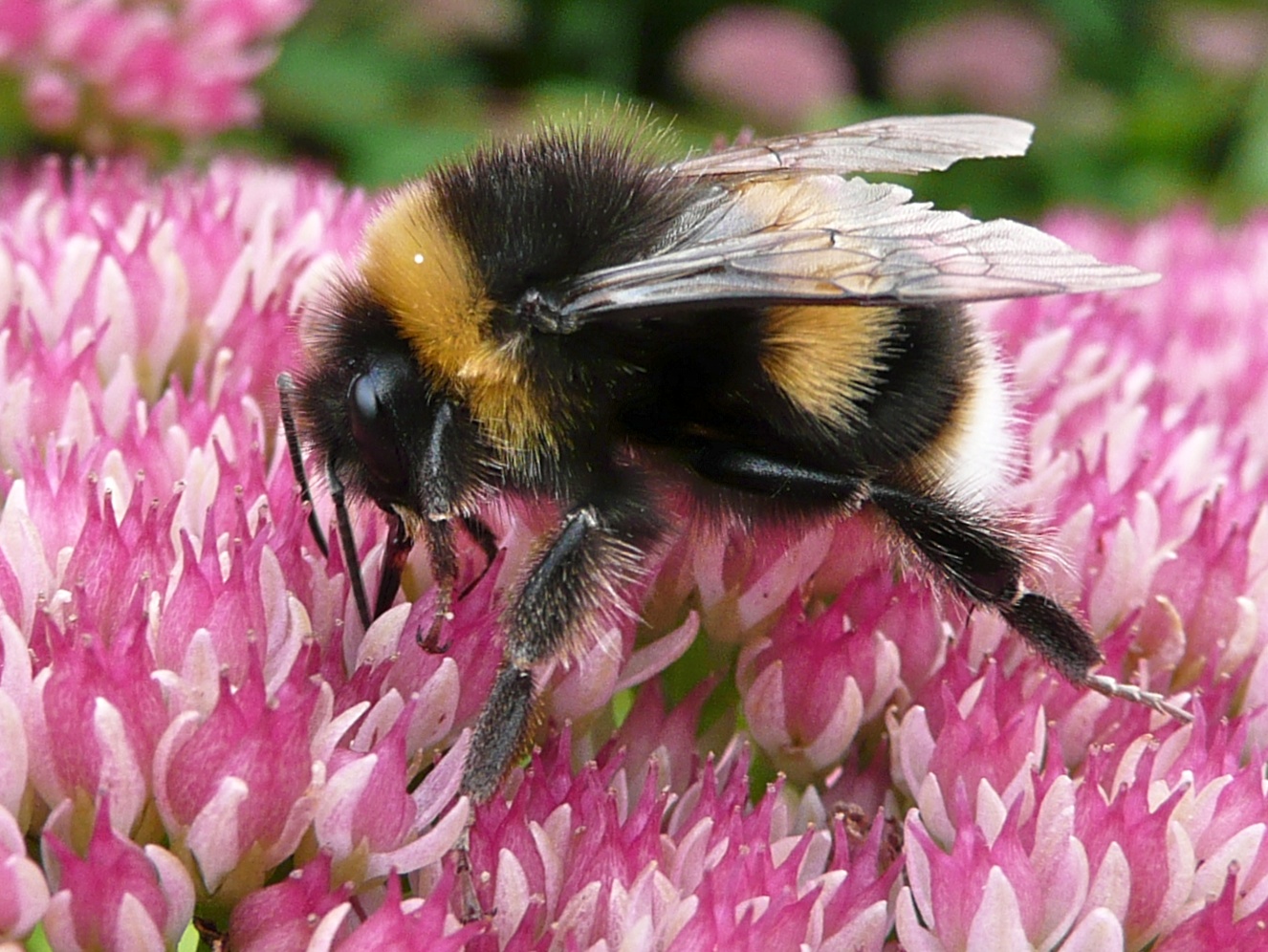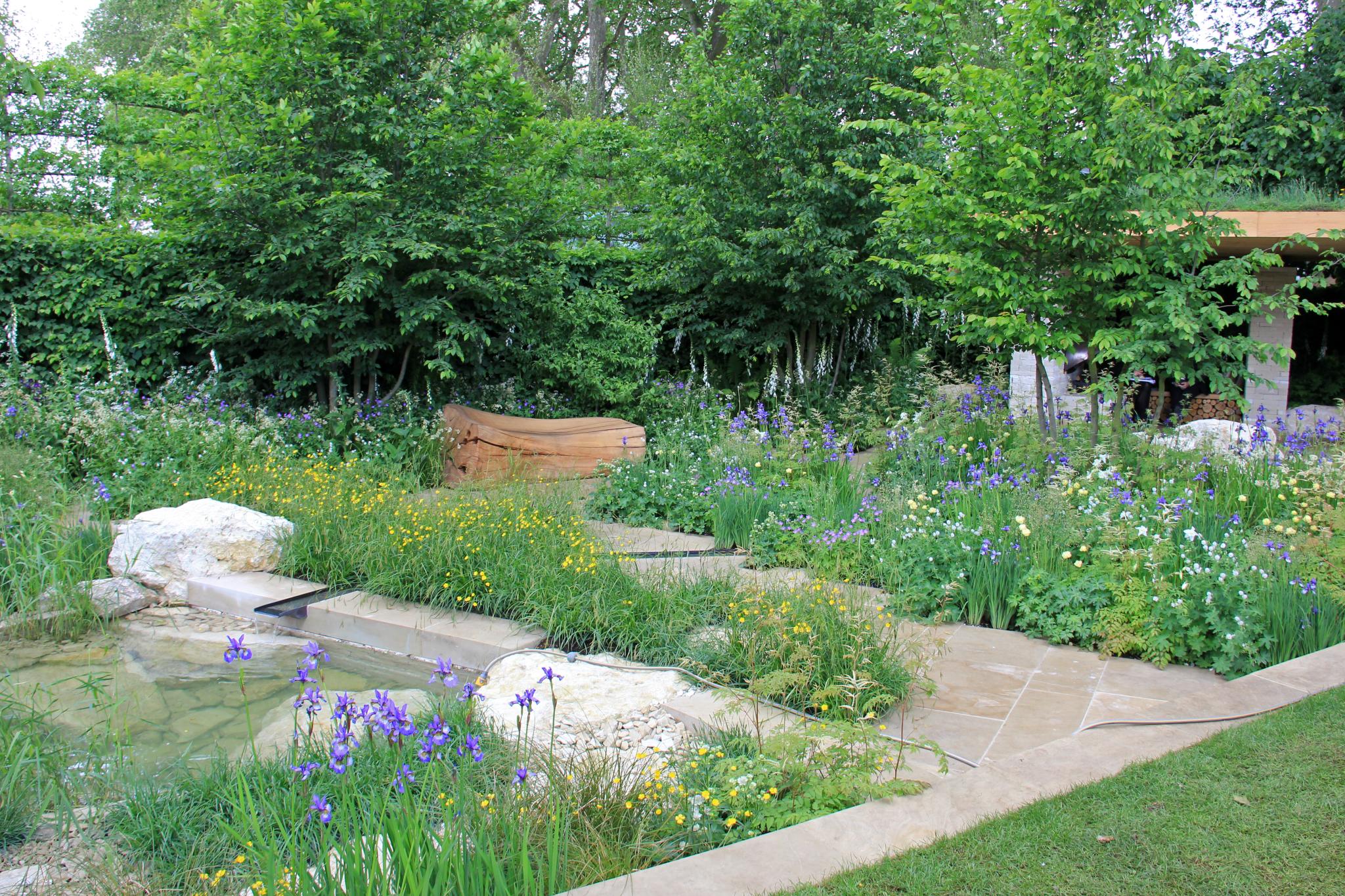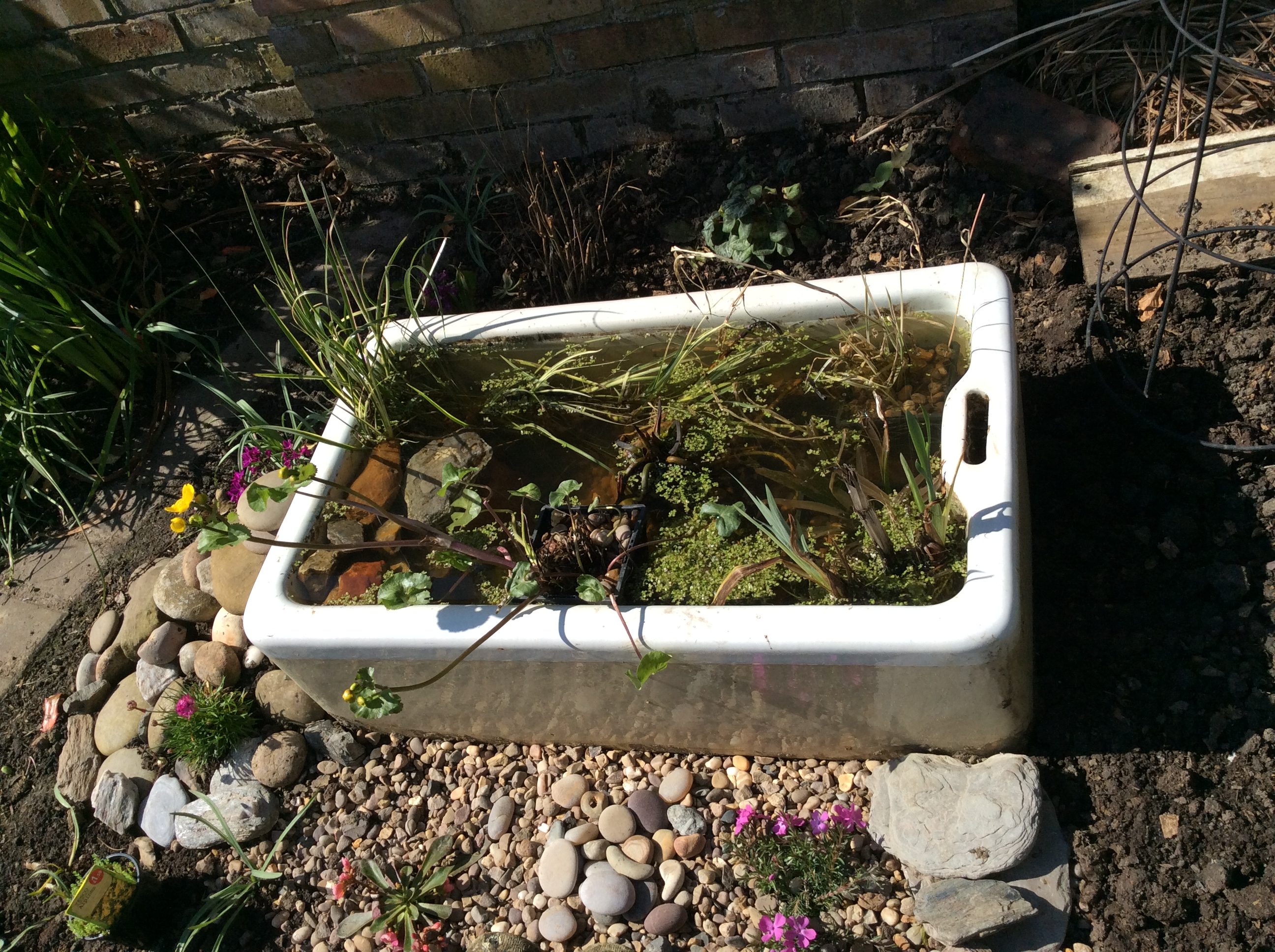The Guardian reports by buying and managing small wooded plots, enthusiasts are bringing biodiversity back to the countryside.
Tamara and Steve Davey cannot help but grin at the suggestion they are “miniature rewilders”. Standing proudly in the weak sunlight on the fringes of Dartmoor national park, the full-time grandmother and taxi company owner delight in their eight-acre woodland. Robins, tits and siskins chortle in the trees. Nightjars are welcome visitors in the summer. Seven bat species have been recorded in their small plot. There’s a badger’s sett somewhere in the hillside scrub. And the couple feel at peace.

